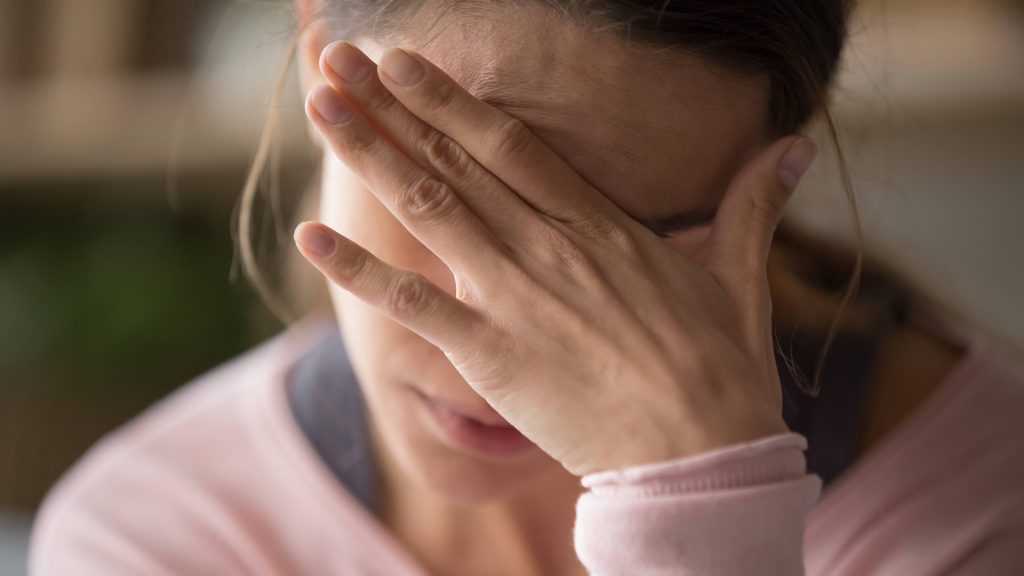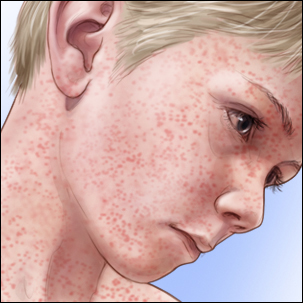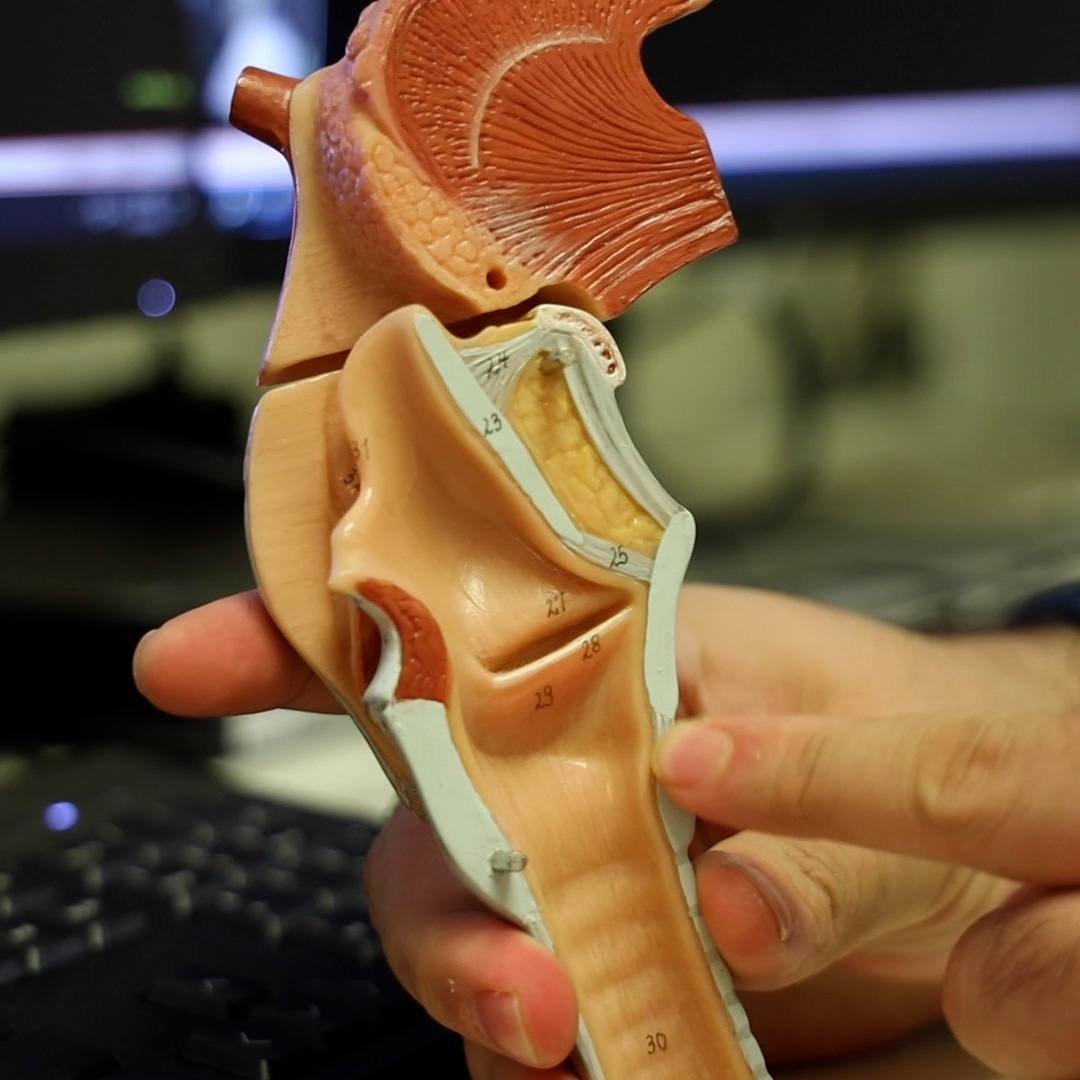
Civil unrest and domestic terrorism at the U.S. Capitol, and the threat of additional violent protests across the nation — compounded with an ongoing COVID-19 pandemic that has killed more than 400,000 Americans — has many people struggling with their mental health.
Dr. Robert Bright, a Mayo Clinic psychiatrist, says it's a real problem in this country, as these events take an emotional toll on almost everyone.
"It's really this collision of these two major forces. It's like living in two scary movies at the same time," says Dr. Bright. "And people are having a lot of very significant, very real and very normal emotional reactions to all this happening. A lot of people are getting depressed and just feeling like they're just being beaten down over and over. And it just keeps coming at them from every angle. And it's hard to keep going and keep fighting, and then they just become lackadaisical or feel like: 'Who cares anymore? I'm just going to go out and do what I need to do, and I can't maintain this.'"
Watch: Dr. Robert Bright discusses maintaining mental health during challenging times.
Journalists: Sound bites are available in the downloads at the bottom of the post. Please courtesy: "Robert Bright, M.D./Psychiatry/Mayo Clinic."
A recent Boston University study found that the rate of depression has tripled in the U.S. during the pandemic. Dr. Bright says these feelings of anxiety or depression are a normal response to abnormal circumstances in life.
"It's just constantly raining this stress on us, and that is just burning us out," he says. "Under stress, we have our adrenal glands, and they excrete the adrenaline. And we get up and we rise to the occasion, and we fight the battle. But after a while, you can't keep doing that. You can't maintain it. You become physically and emotionally exhausted."
Dr. Bright says emotional exhaustion can present itself in many ways, including:
- Lack of energy
- No motivation
- Sense of hopelessness
- Lack of concentration
- Withdrawal from others
- Stress eating or not eating
- Sleep disturbances
"Get enough sleep. Make sure you're eating well and getting good nutrition. Get exercise. Get outside and see the sunshine. Don't crawl under the covers and withdraw. Reach out and find other people, and get support," says Dr. Bright. "Keep a diary or a journal and write down your emotions, and express those and get those out. Distract yourself. Go read a book that you really enjoy. Listen to some music that you really enjoy or watch a movie that really gives you pleasure. It allows you to escape for a little while. Limit your exposure to the media and the constant barrage of the negativity, the anxiety and the stress. And distill all that down to control what you can control because so much of this is beyond our individual control."
He says if your anxiety or depression is significantly affecting your quality of life, you should consider seeking professional help. And don't be afraid to reach out to other people in your life, including family, friends, neighbors and co-workers, who may share the same struggles during these challenging times.
Related Articles







